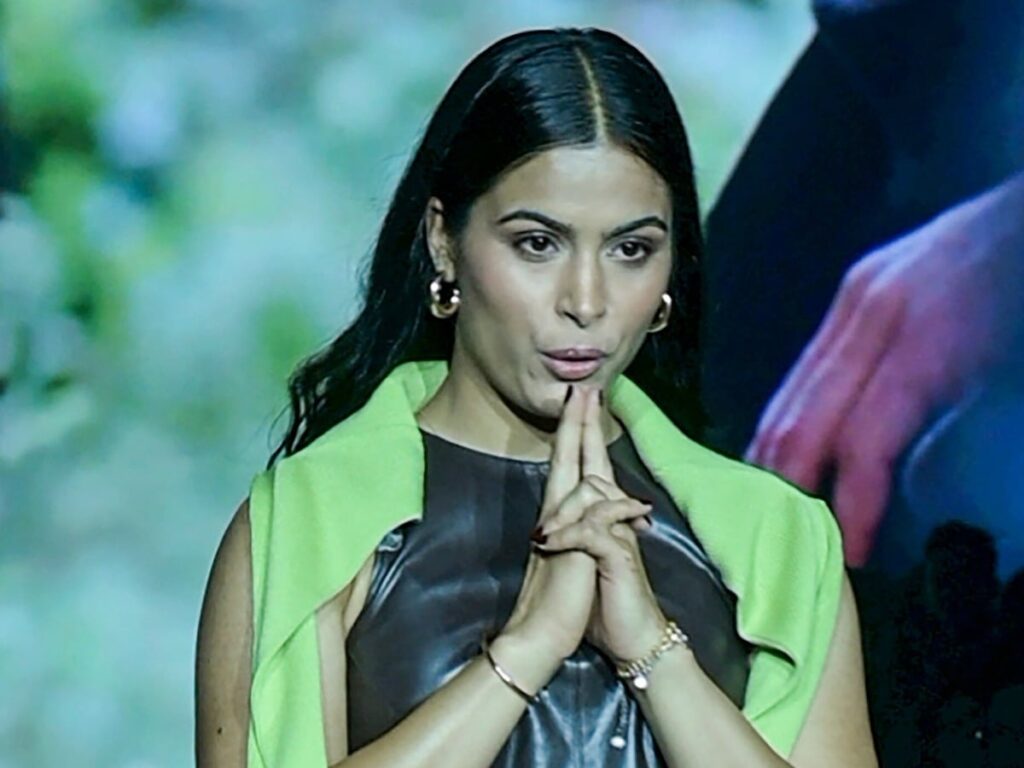In the world of sports, athletes often become public figures who must navigate both admiration and criticism. Manu Bhaker, a prominent Indian shooter, recently found herself under scrutiny when she made a bold fashion choice by wearing a black dress for a ramp walk event. While some critics targeted her decision, Bhaker responded with grace and confidence, embodying the spirit of resilience that many young athletes inspire. This incident serves as a reminder of the challenges faced by public figures and the importance of personal expression.
Fashion Choices of Athletes: A Look into the Controversy
Manu Bhaker’s choice of attire sparked a debate about athletes’ freedom to express themselves in non-sporting contexts. Wearing a black dress, especially on a platform typically reserved for traditional fashion, can be seen as a statement of self-identity and confidence. However, it also invites mixed reactions.
The Backlash: Criticism from the Public
Public figures often face scrutiny for their choices, and Bhaker was no exception. Critics expressed their opinions, questioning the appropriateness of her attire given her status as an athlete. This backlash highlights the societal expectations placed on women, especially in sports, to conform to certain standards of behavior and appearance.
Bouncing Back: Manu Bhaker’s Response
In response to the backlash, Manu Bhaker issued a powerful statement: “Haters will always hate, and those who love will always love. You should do what you want.” This sentiment reflects a strong mindset, emphasizing the importance of staying true to oneself despite external opinions. Bhaker’s resilience serves as an inspiration for many, encouraging individuals to embrace their identities unapologetically.
The Role of Social Media in Athlete Representation
In today’s digital age, social media plays a pivotal role in shaping public perception of athletes. Platforms like Instagram and Twitter allow athletes to share not just their sporting achievements, but also their personal lives and fashion choices. This transparency can foster a more relatable and authentic image, but it also opens the door to criticism.
| Pros of Social Media | Cons of Social Media |
|---|---|
| Direct interaction with fans | Increased scrutiny and criticism |
| Opportunity for brand partnerships | Potential for online bullying |
| Platform for self-expression | Pressure to maintain a certain image |
Empowering Athletes to Make Choices
The incident involving Manu Bhaker underscores a broader issue—the need for society to empower athletes in their choices, both in sport and personal life. As role models, athletes hold significant influence, and their ability to express themselves freely can inspire others to do the same.
Conclusion
Manu Bhaker’s experience with criticism for her fashion choice reveals the double-edged sword of fame and public scrutiny. Yet, her confident response highlights the importance of self-identity and resilience. As society continues to evolve, it is crucial to create an environment where athletes can express themselves without fear of judgment, ultimately fostering a more inclusive and accepting culture in sports and beyond.
